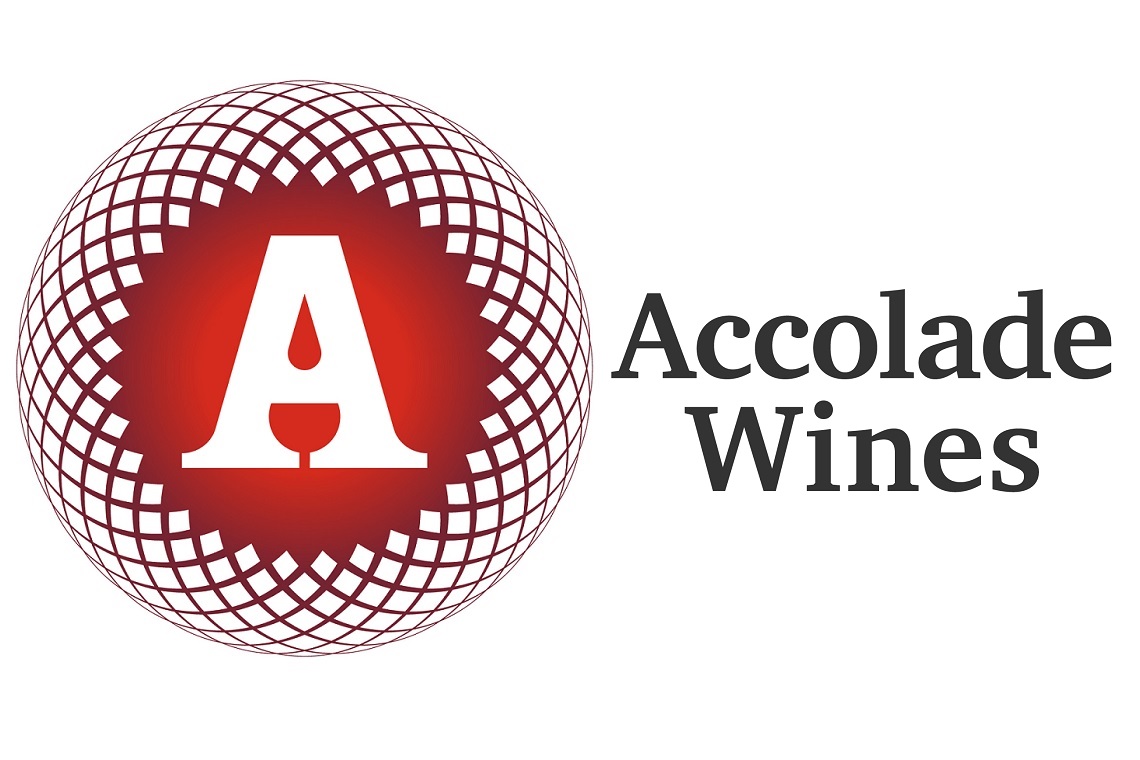Accolade Wines has announced it is working with employees and union representatives to find 35 voluntary redundancies, as a result of changed market conditions.
The job losses will come at Accolade’s Berri Estates operation, with one of the key factors being the continuing consumer preference for bottled wine, which is driving a downturn in cask wine.
Accolade’s General Manager for Australian supply chain and operations, Mr Wayne Ellis said: “To meet the changed market and operate efficiently we need to right size the workforce and in the forthcoming consultations we will unfortunately be looking for approximately 35 redundancies. Accolade has tried to avoid redundancies by carrying excess costs over many months but that cannot continue.
“We are committed to a proper and fair consultation process and will do our best to keep job losses to a minimum while calling for voluntary redundancies. Any staff member made redundant will receive their full entitlements and be offered outplacement support along with access to counselling.”
Despite the changes to the market Accolade has said that it remains committed to the Riverland region and will continue plans for capital expenditure in the region, which includes a state-of-the-art bottling plant, warehouse and distribution centre, which when completed will bring more jobs back to the Berri site.
“Over the past four years Accolade and its shareholders have funded approximately $25m in capital expenditure at Berri Estates and the Stanley Winery, which investments have been part of an overall outlay in excess of $100m in the Australian business,” Ellis added.
“This investment is now continuing with over $40m allocated to a new bottling plant and integrated warehouse which will be a national distribution centre on the Berri site, where construction will begin in December this year. The construction time is estimated to take less than 12 months and during this period between 150 and 200 people will be employed. Once operational there will be over 40 new roles at the plant which will have a capacity to produce in excess of eight million bottles annually.”

